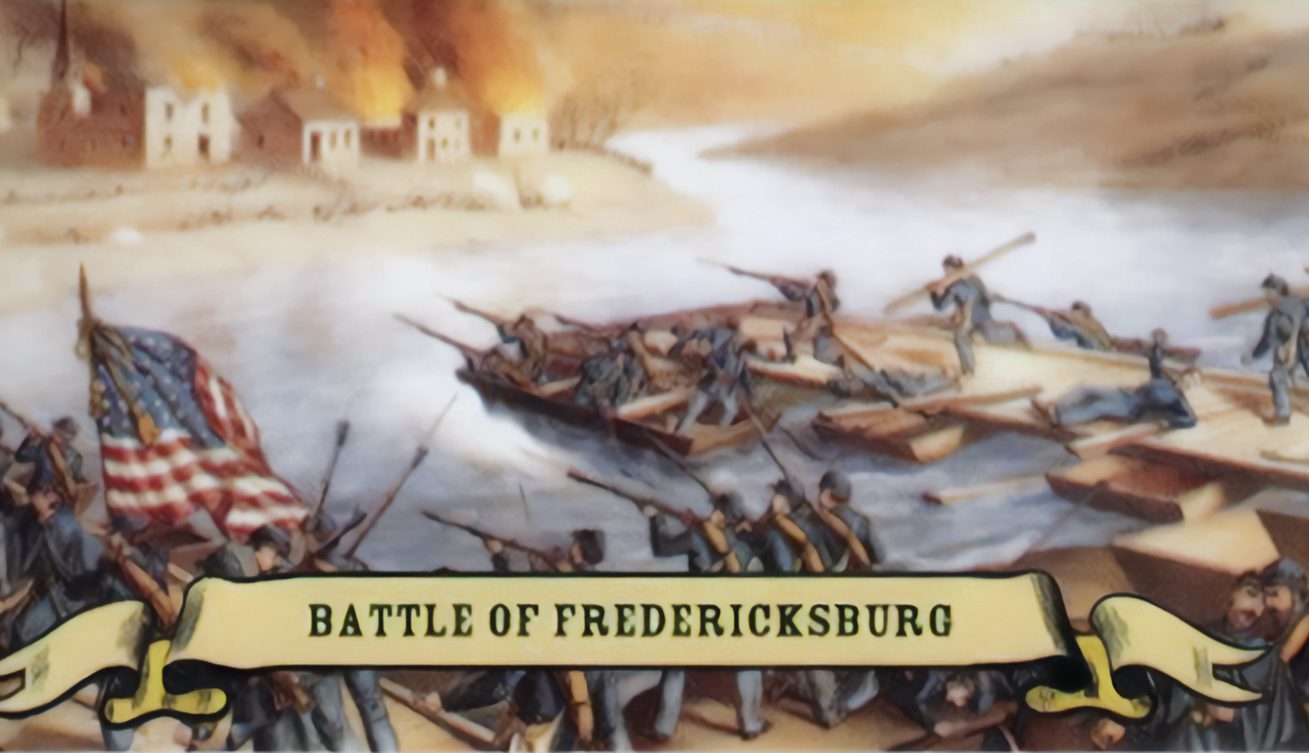Battle of Fredericksburg
On December 13, 1862, Union forces launched a bloody attack during the Battle of Fredericksburg. However, the tide turned and it became one of the most one-sided battles of the war.

On December 13, 1862, Union forces launched a bloody attack during the Battle of Fredericksburg. However, the tide turned and it became one of the most one-sided battles of the war.

On December 12, 1908, the Post Office Department issued #E7, the 10¢ Helmet of Mercury Special Delivery stamp. Though unpopular at the time, many today consider it to be one of America’s most creative stamp designs.

On December 11, 1816, Indiana was admitted to the Union. While the young state initially struggled, it eventually grew to become the nation’s 17th most populous state!

On December 8, 1953, President Dwight D. Eisenhower delivered his “Atoms for Peace” speech, introducing his goal of using nuclear power for peace.

On December 7, 1941, Japanese bombers attacked American troops at Pearl Harbor, launching the US into World War II.

Martin Van Buren was born on December 5, 1782, in Kinderhook, New York. As America’s eighth president, his term in office was plagued with economic and foreign struggles, but he’s historians consider him fundamental in the development of America’s political system.

On December 4, 1674, Father Marquette erected the first building in what would later become Chicago. He spent the winter there while on an exploratory journey through the region.

On December 3, 1755, Gilbert Stuart was born in Saunderstown, Rhode Island Colony. A prolific American artist, he painted more than 1,000 people, including our first six presidents. Several of his portraits have appeared on US stamps – and even the $1 bill!

On December 2, 1823, President James Monroe introduced the foreign policy doctrine that bears his name. Known as the Monroe Doctrine, it has served as the cornerstone of America’s foreign policy ever since, invoked by several presidents over the years.